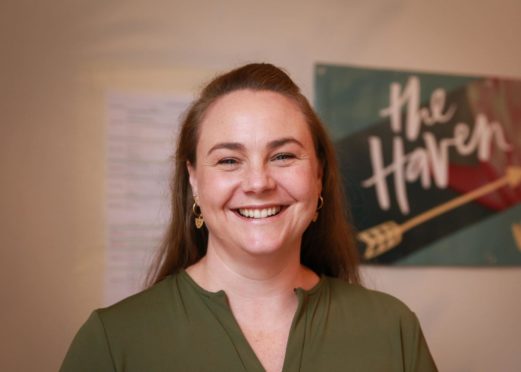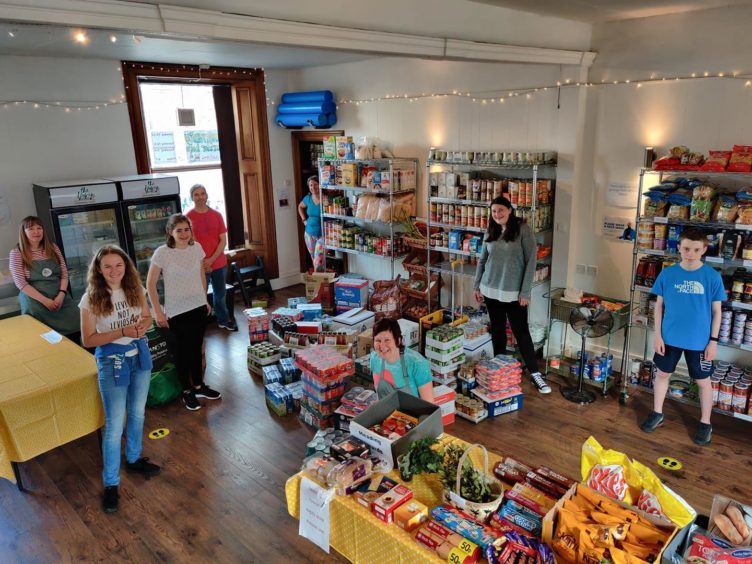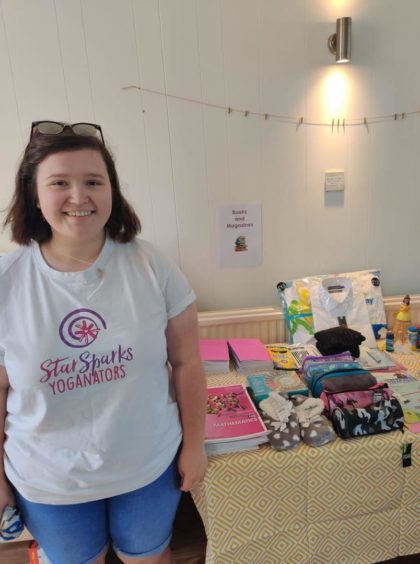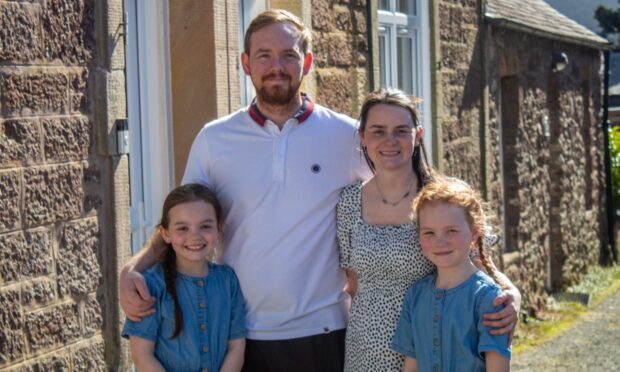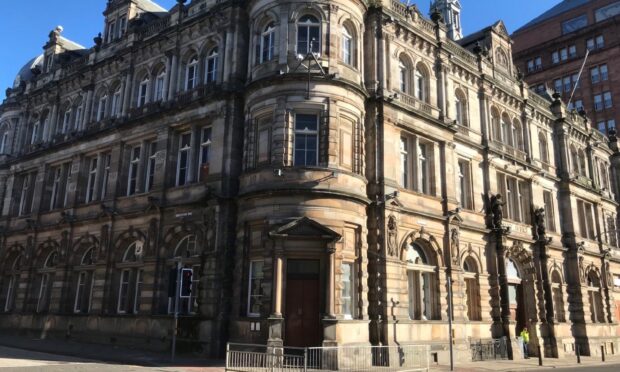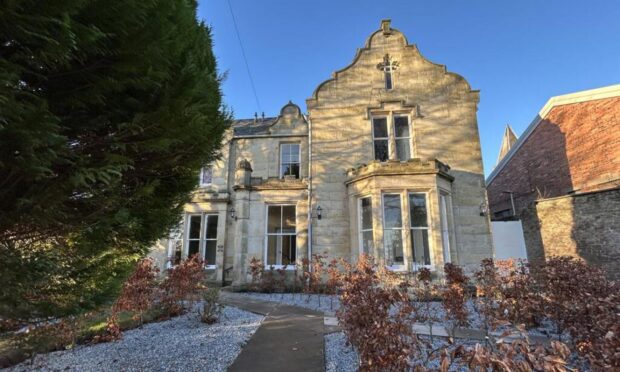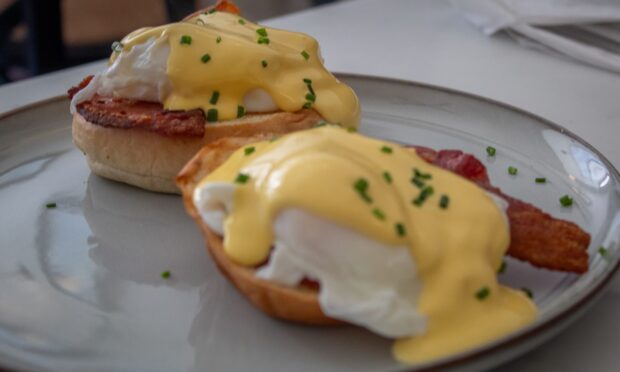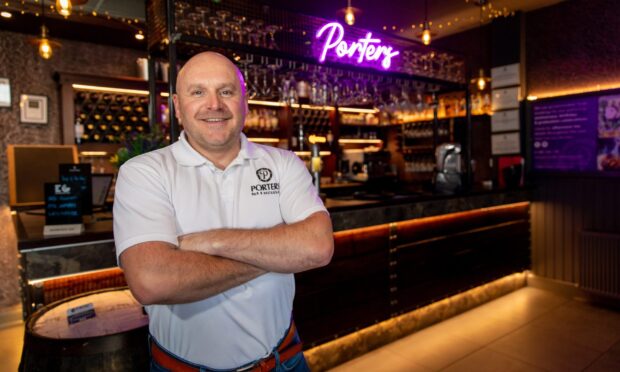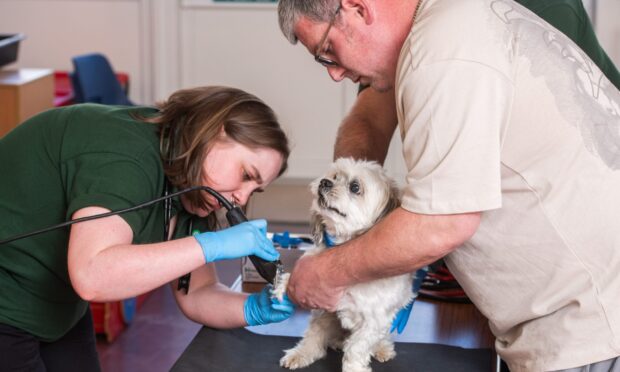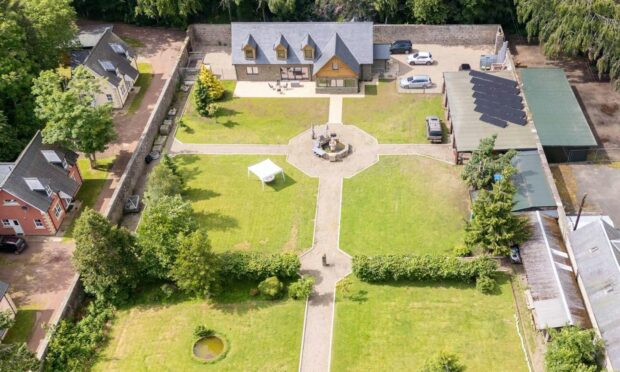There has seldom been so much upheaval for our children and young people, missed school, separation from friends and family and exam and employment worries. Nora McElhone spoke to Julia Morton of The Haven about how best to support our next generation through the pandemic and beyond.
Julia Morton, yoga teacher and founder of Stonehaven-based wellbeing centre The Haven is passionate about supporting our young people with practical help, not platitudes. “The Haven has always been about creating, nurturing and empowering our community spirit.
“Prior to the pandemic we did this through our wellbeing space, offering 45 activities weekly. During the pandemic the wellbeing needs of the community changed so we had to change direction. We created The Haven Community Larder to address the rising levels of food insecurity and food poverty in our area. Our Haven Helpers, volunteer program, was a way people could offer support to the most vulnerable people in Stonehaven and surrounds.
Julia has a particular interest in the health and wellbeing of young people, which stems from a stint of volunteer work she did at a maximum security prison. “I was volunteering as a yoga teacher,” she explains, recalling one particularly troubled pupil. “What I remember is observing how their face would actually physically change during relaxation to the point I was panicked they had escaped and someone else had taken their place! Not long after the student committed suicide and I was haunted by the thought how their life may have been different if they had been introduced to wellbeing skills as a child. I retrained as a children’s yoga teacher and was inspired to create The Haven.”
Intervention and engagement
Julia believes that an early intervention and prevention approach is vital to help improve our mental health and wellbeing. “Naturally this involves engaging with young people as it is a long term strategy.
“We believe this is the most compassionate, and cost effective response to addressing this issue. Adversity and trauma is a human condition that inevitably touches us at all at some point in our lives. We want to ensure that people have the wellbeing skills, resources, and support networks to navigate themselves through these challenging times from a place of empowerment and resilience.”
She believes that young people are resilient and that, in some ways some young people have seen the Covid-19 pandemic as a positive experience. “We do not tend to focus on that as much,” she point out. “For example, parents had been advocating for flexible home-schooling for quite some time with no success. The pandemic forced the education system to yield to solutions that were previously deemed impossible.
“It has championed the importance of outdoor schools, smaller class sizes and asked questions like are exams really necessary? Some families have been able to spend more time together and re-evaluate how over-scheduled their lives were.”
Julia believes that our teenagers are good at sharing their worries and challenges: “It is just whether or not as a society we are providing them the opportunity, safe space and support required,” she says, “I used to teach a Teen Girl Yoga class and I ended up having to change the whole format to include a talking circle. It was a facilitated space that encouraged peer – mentor support. Although teenagers are communicating via social media what they are really craving is meaningful connection. It is about nurturing trust, developing relationship but most of all providing ways for them to connect.”
Offering practical help
And while understanding what support young people might need is all well and good, the team at The Haven believe strongly in using that understanding to offer practical help. “Ask them what they need and then act on it. I think the ‘action’ part is missing the most. At The Haven one of our values is compassion which we define as empathy in action.
“Include youth in your decision making, in your community councils and local organisations. Create safe spaces for them to connect. Provide small pots of funding to be creative and empowered to find the solutions that they want. You will be astounded at the depth of wisdom. It is inspiring to behold.”
The Haven has a youth representative, Blythe Primrose on its board. “It is not about saying ‘this is what youth need’ to tick a box and push the process upon them. It is about deeply listening, engaging and supporting youth to create what they need to fulfil their potential. That is how we came to create Be Haven Free youth wellbeing sessions during the exam period as they were coming to us saying they were overwhelmed, weighed down with expectation and not managing their anxiety. We also made sure that we had affordable and immediate counselling services for youth. Waiting six months to see a mental health professional when you are on the edge is not acceptable.”
As our children and young people move back towards school-based learning, parents will be keen to make the transition as smooth as possible. Julia says, “At the very least ensure that you are giving your children quality time, listening and responding to whatever is showing up for them. Ultimately, connection will cure more than anything else.”
This weekend, March 19 – 21 The Haven is holding their 4th Annual Wellbeing Festival. “It used to be a time for us to raise funds so money was never a barrier for anyone to access our wellbeing services,” says Julia. “Now, with having 860 visits a month to our community food larder, we are offering a reduced online festival and just trying to keep our doors open. We welcome you to follow our journey on social media. We are planning on launching an innovative community larder membership model, a community kitchen and growing projects.”
Find out more at The Haven
